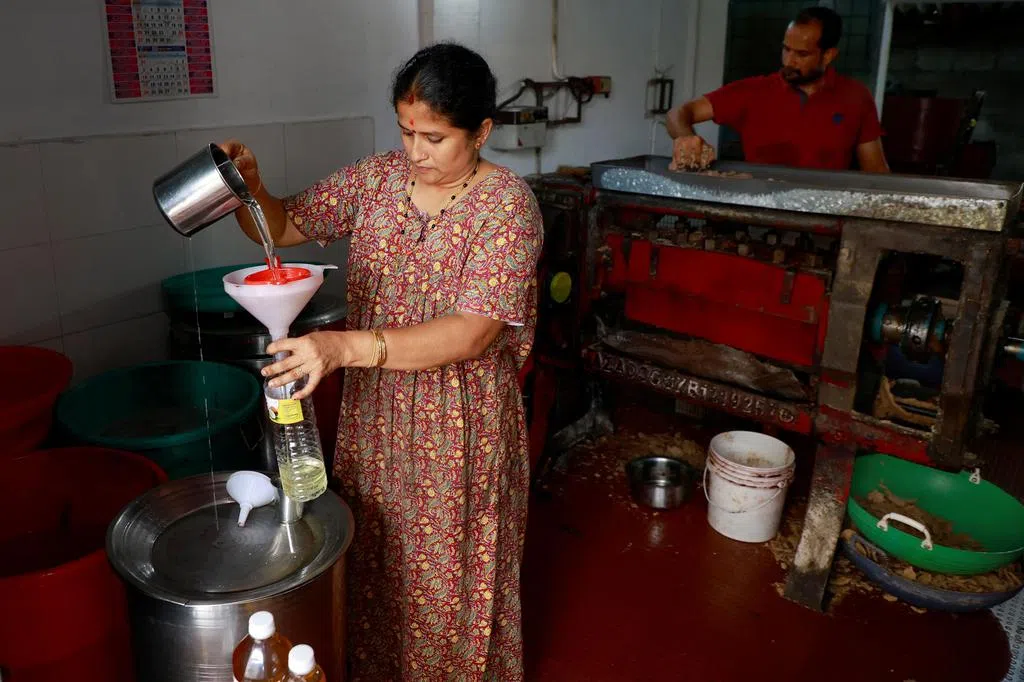(AFP, Tel Aviv) - Families of the last Israeli hostages released after two years in Gaza have revealed that their loved ones were subjected to gruesome treatment by Hamas, with some allegedly held in cages, pits, and underground tunnels.
Last week, Hamas released all 20 surviving hostages, including Omri Miran, as part of a US-brokered ceasefire between Israel and Palestine. While the 20 former hostages have not spoken publicly, their families have recounted numerous shocking details of their captivity.
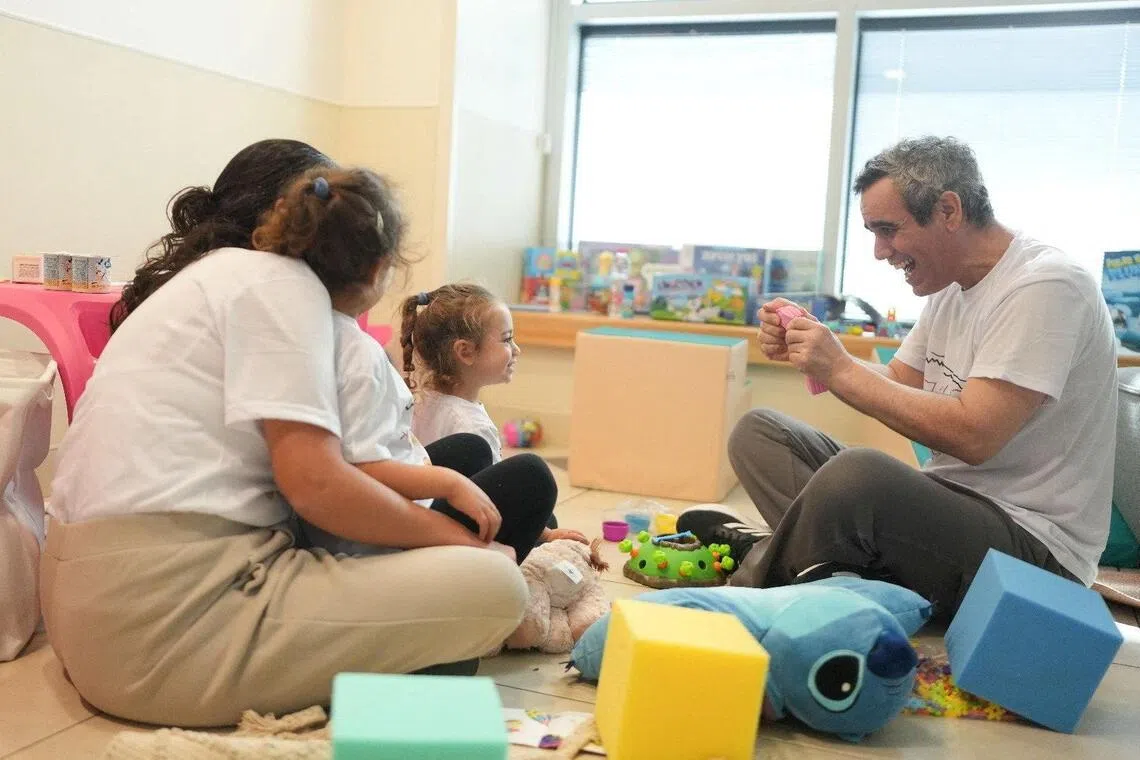
Milan's relatives told Israel Today that Milan and four other hostages were held in a tiny cage, 1.8 meters long and 1.6 meters wide. They were unable to stand upright and had to hunch over all day.
The father of another hostage, Yosef Haim Ohana, said his son spent several days in an underground pit with six other captives. The space was so cramped that "there was not enough room to sit or lie down, so they had to stand against the wall, and there was barely enough air to survive."
Hostage family members also alleged that Hamas tortured hostages by starving them. In August of this year, a Hamas propaganda video showed a shocking image of 24-year-old Evyatar David digging his own grave in a tunnel. He was severely malnourished and exhausted, emaciated to the point of being skin and bones.
Further reading
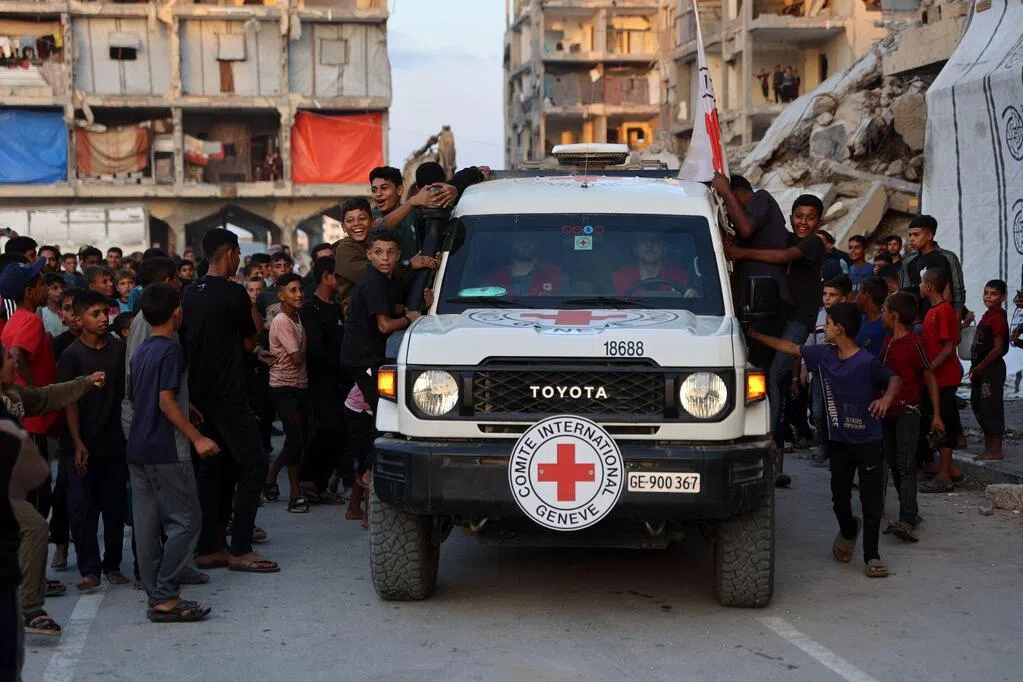
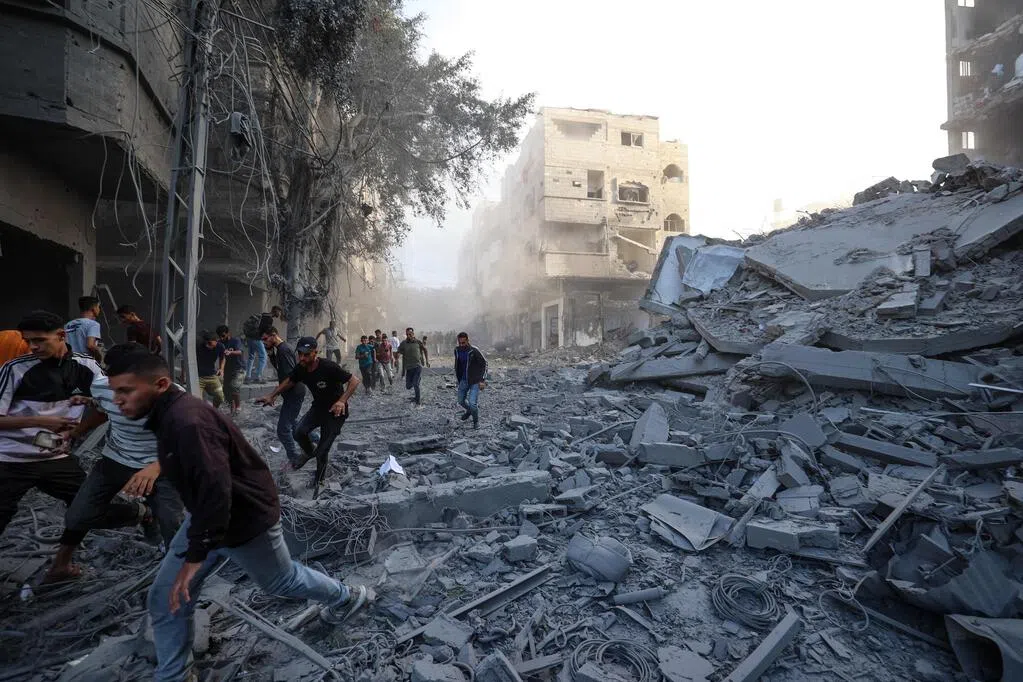
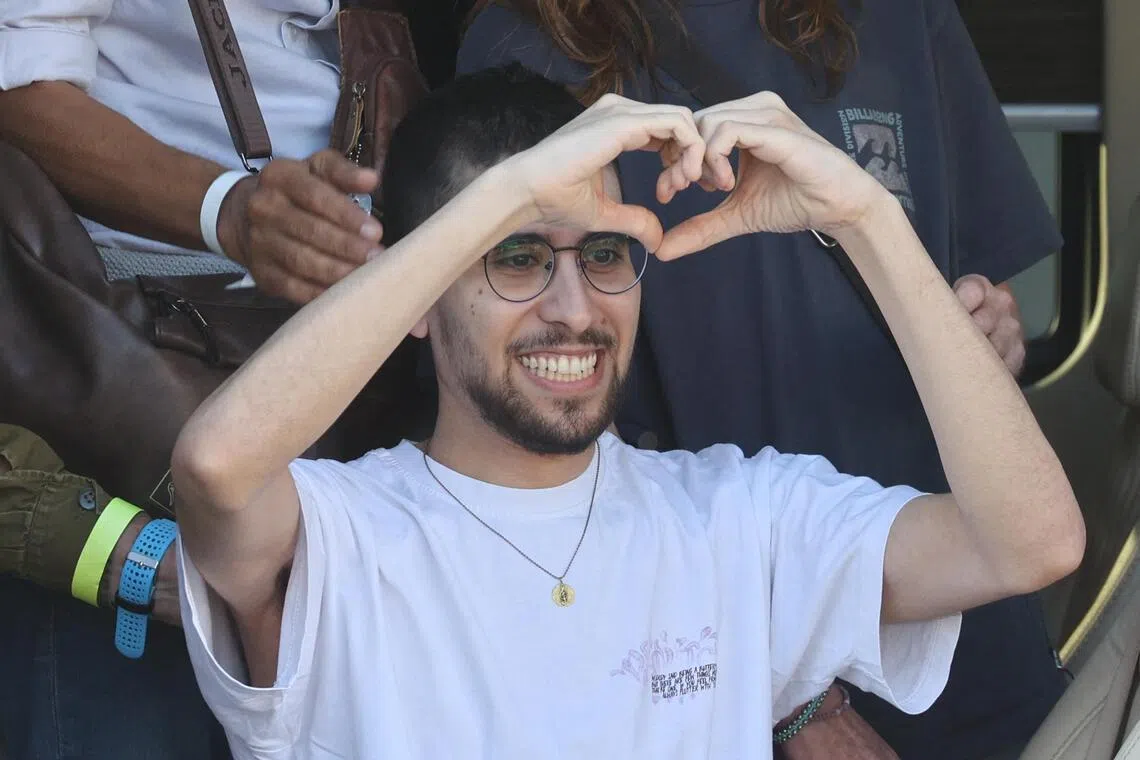
The brother of a released hostage revealed that the hostages suffered severe psychological torture. Hamas fed them numerous lies, including claims that the Israeli army was searching for them to kill them. They were even forced to see the bodies of other hostages, whom Hamas claimed were deliberately killed by the Israeli army.
The mother of another hostage also alleged that her son, Rom Braslavski, was "whipped and beaten with instruments I won't even mention" between April and July.
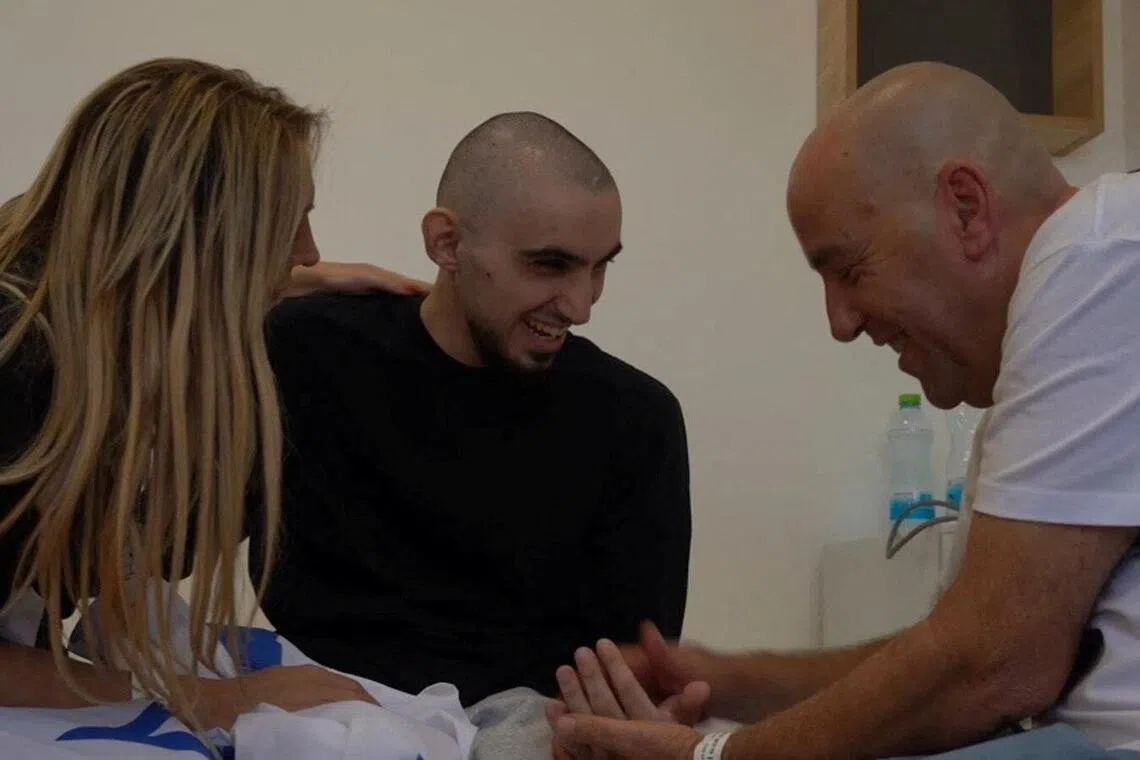
An anonymous Hamas official flatly denied these allegations, insisting that Hamas and its allies "treat detainees very ethically and humanely, in accordance with Islamic teachings."
The official stressed that the hostages "are held in the same conditions as their captors" and "receive medical and psychological care and food in accordance with Gaza's realities... No captives are subjected to humiliation or torture... This is different from [Israel's] treatment of Palestinian prisoners."


